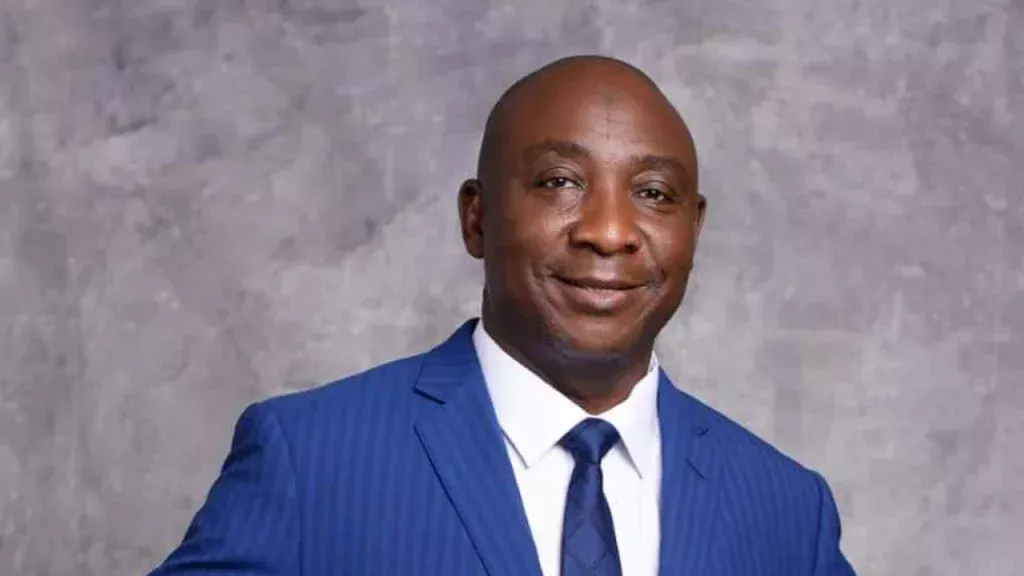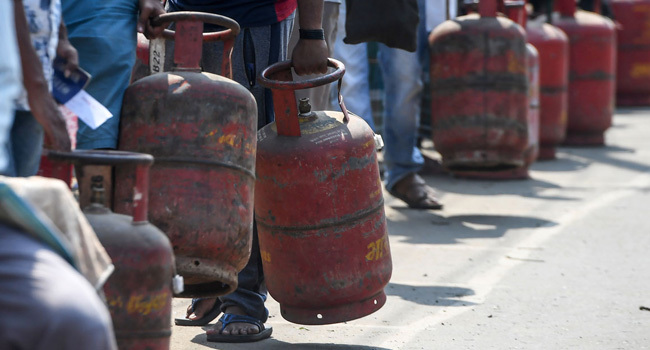In a dramatic turn of events, a standoff has taken place at Warsaw Airport in Poland, as officials attempted to confiscate weapons from South Africa’s Presidential Protection Unit (PPU). This incident has further escalated South Africa’s diplomatic tensions as the Polish authorities refused entry to the PPU’s weapons, despite the security team having all the necessary documentation.
General Wally Rhoode, the head of President Cyril Ramaphosa’s PPU, has accused Polish officials of racism and undermining South Africa’s security efforts by deliberately obstructing their entry and offloading of equipment. The containers carrying the weapons and security gear were deemed necessary to be offloaded for safety reasons, leading to the current impasse.
Speaking to the press late on Thursday at the Warsaw airport, General Rhoode shed light on the situation, explaining the frustrations faced by the president’s security personnel who have been stranded for over 10 hours on a chartered plane in the cargo section of the airport. He revealed that permits had been diligently secured over the past two weeks, making the current situation unprecedented.
Furthermore, General Rhoode expressed his concern over the treatment of his female colleague, who was subjected to a strip-search, an action he deemed unusual considering her diplomatic passport.
“The Polish authorities claim that we do not have permits, but we have them. The only difference is that they insist we cannot possess copies of the permits. The embassy here printed the permits because they said…” General Rhoode’s statement was interrupted as tensions continued to mount at the airport.
With the standoff ongoing, the South African diplomatic mission in Poland is set to escalate the matter with the Polish government, demanding an immediate resolution that respects diplomatic protocols and ensures the safety of President Ramaphosa during his visit to Rzeszów.
This incident marks yet another setback for South Africa on the global diplomatic stage, further straining relations with Poland and raising questions about the country’s ability to effectively navigate international protocols and ensure the security of its leaders when traveling abroad. As the standoff continues, the eyes of the international community remain fixed on Warsaw, awaiting a resolution to this potentially damaging diplomatic impasse.



